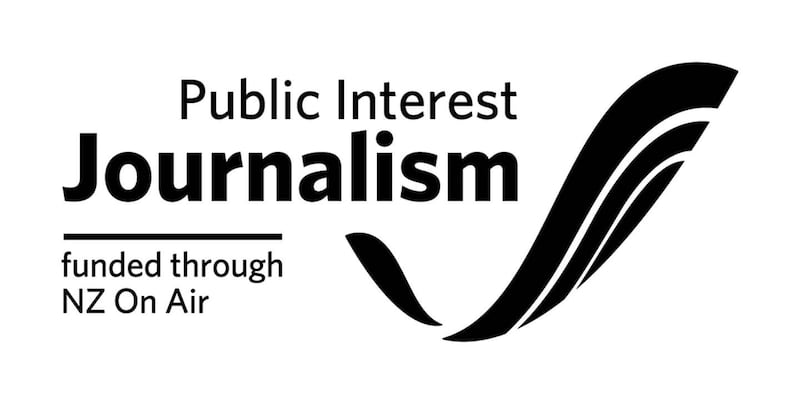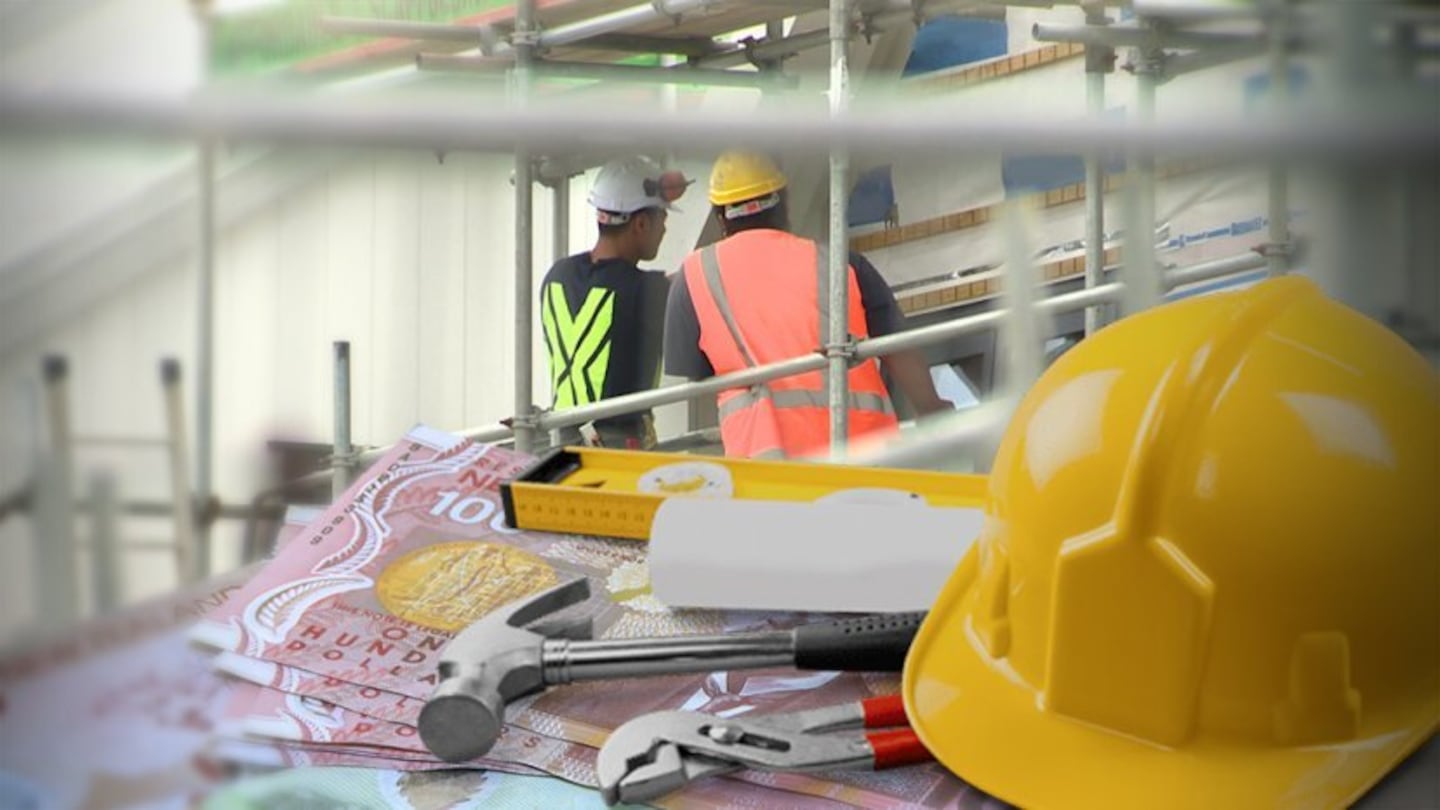New Zealand has just hit a 32-year high - for annual inflation, which has reached 7.3%, with housing the largest contributor. Inflation is now at its highest since June 1990.
Housing and household utilities, which climbed by 9.1% between June 2021 and June 2022, were the main cause of the 7.3% yearly increase in the CPI. The acquisition of housing, which increased by 18 percent, was the main cause of the rise in housing and household utilities. With an increase of 4.3%, actual dwelling rentals also contributed to this rise.
With a 14 percent increase, transportation was the second-largest contributor to the annual increase. The biggest factor in this was a 32% increase in gasoline prices.
The annual movement was also influenced by the rise in food prices, which increased by 6.5%. Ready-to-eat food (up 6.4%) and milk, cheese, and eggs were the main causes of this increase (up 10%).
The cost of non-tradeable goods increased 6.3% in the quarter ending in June 2022. The purchase of housing acted as the movement's main motivator. The price of tradeable goods increased 8.7% yearly. Petrol was the main force behind this effort.
Quarterly inflation
Quarterly inflation, compared with the March 2022 quarter, rose 1.7% for the month of June, mainly driven by the housing and household utilities group.
Construction prices increased by 4.5 percent in the June 2022 quarter compared to the March 2022 quarter, while dwelling rents increased by 1.2 percent.
The quarterly increase was mostly caused by transportation, which was powered by gasoline and diesel.
The average price of one litre of 91 octane petrol rose 6.3% to $2.86 in the June 2022 quarter, compared to $2.67 in the March 2022 quarter. Diesel rose 30% to $2.57, compared to the March quarter of $1.98.
The news of inflation comes following the government's extension of the current cuts in petrol tax, road user charges and half-price public transport fares until 2023, when they were due to end next month.



